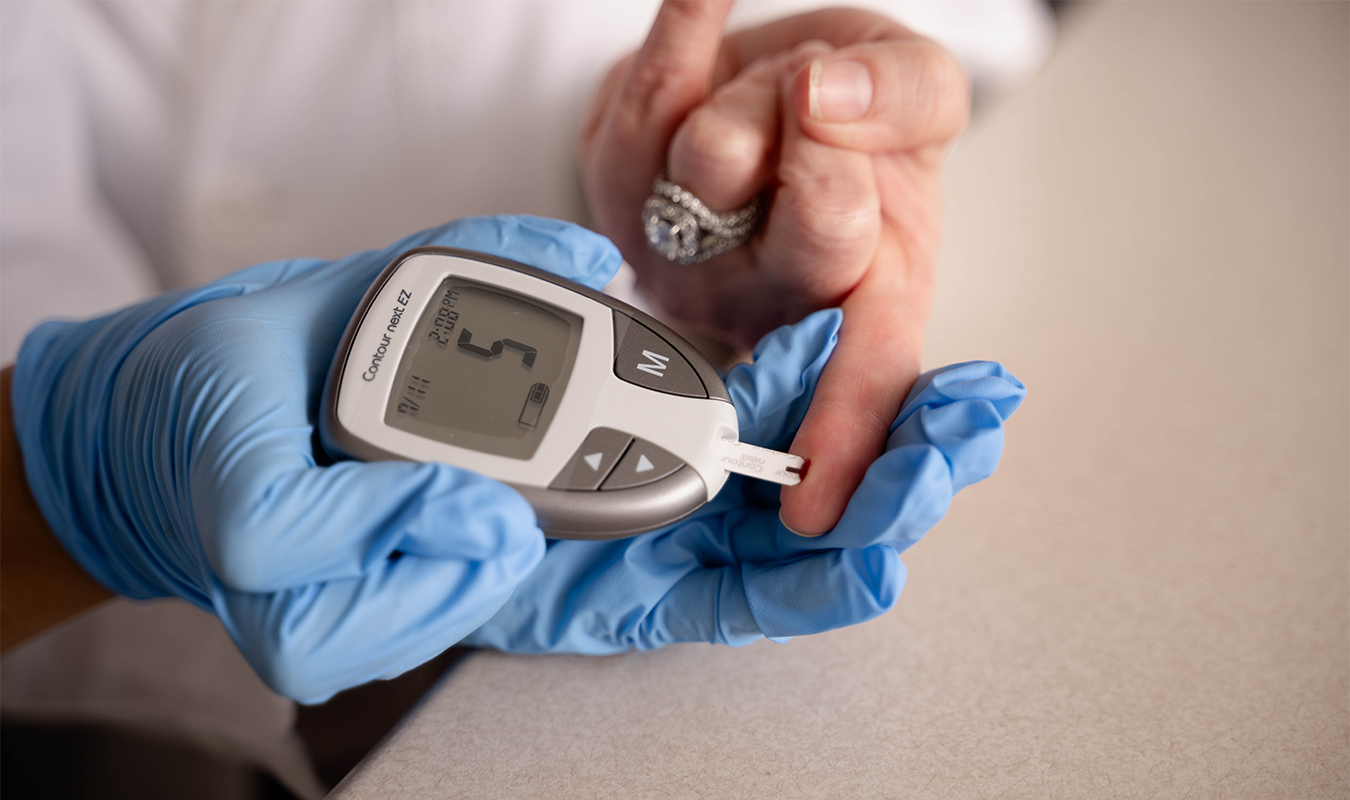Researchers at the University of Florida are diabetes detectives, sleuthing for clues that will help them better understand what motivates cells and organs to function improperly and cause the disease.
In time, they hope to uncover the key to a cure that would impact more than half a billion people globally. Through clinical and world-renowned research programs, as well as community outreach, UF is making headway in improving the lives of people affected by diabetes at the local level and beyond.
The UF Diabetes Institute is a globally recognized incubator for some of the most promising researchers in diabetes, particularly Type 1, which is thought to result from an autoimmune reaction in which the body interprets insulin-producing beta cells as foreign invaders and destroys them. That leads to insufficient insulin production and unstable blood sugar levels. With Type 2 diabetes, a person’s body doesn’t respond appropriately to insulin, causing glucose to remain in the bloodstream.

The university is internationally recognized and widely considered to be among the top five in the nation for Type 1 diabetes research. The UF Diabetes Institute is a leader in clinical trials seeking to prevent or reverse the disease and has been remarkably successful in acquiring competitive research grant funding from national agencies, including the National Institutes of Health, Breakthrough TD1, and the American Diabetes Association.
Researchers like Todd Brusko, director of the institute, have been pivotal in exploring immunotherapies and studying genetic variants that cause Type 1 diabetes. His lab’s research may be a game-changer for diabetes patients, as he and his team explore specific genes linked to Type 1 susceptibility. The institute benefits, Brusko says, from having a critical mass of clinicians, educators, and researchers.
““When our physicians and scientists have been working together for decades, and our students and trainees are integrated, it raises the bar because everyone is operating at a very high level,”
– Todd Brusko, Professor of pathology
Florida is also home to the largest diabetes organ and tissue sample and donation program, the Network for Pancreatic Organ donors with Diabetes. Tissue and blood samples from living study participants have been shared with more than 250 investigators worldwide. Investigators use these resources to drive further diabetes research and explore potential therapies.
NSF Research Impact
Diabetes
